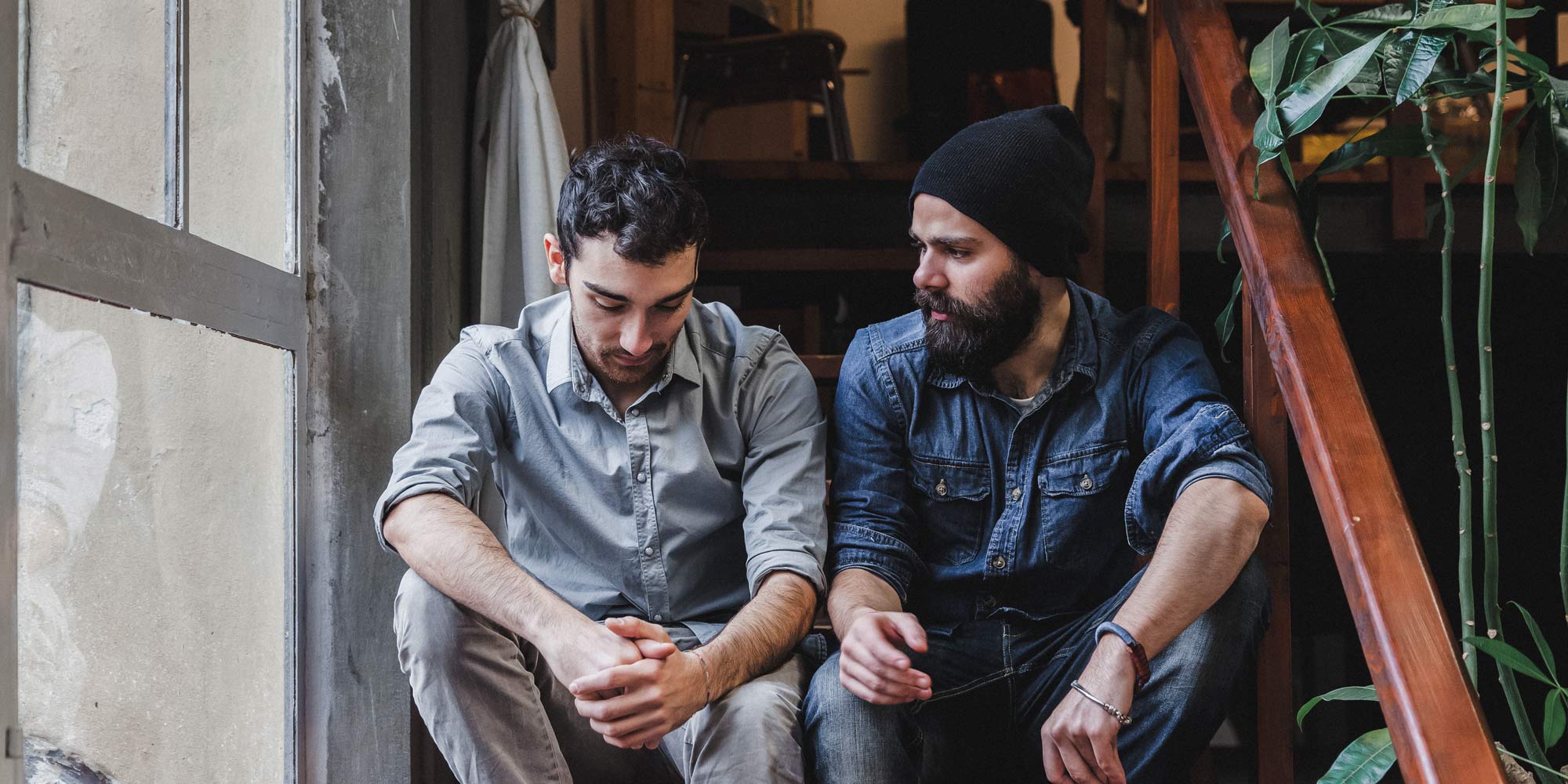
Dallas, TX
Seeing a friend or family member struggle with opioid addiction is an extremely difficult and frustrating experience. It may create feelings of helplessness, heartbreak and anger. Despite your best efforts, it may feel like nothing you do helps. Setting boundaries and deciding how far to extend oneself can be difficult and is a personal decision for each individual to make. However, one thing that we should always do is keep in mind that opioid addiction is a brain disease, not a moral failure. Understanding this allows us to deal with the situation for what it is, a complex medical issue with mental, physical and social components. This is why, as frustrating as it may be, a loved one is unlikely to be able to stop using opioids on their own through sheer willpower. Opioids affect brain chemistry by blocking pain signals and flooding the reward system of the brain with dopamine. The absence of these opioids in the system can cause severe withdrawal symptoms. Over time, individuals may develop a tolerance and need more and more opioids just to feel normal. You can learn more about how opioids work and why they are so hard to quit here.
The good news is that there is hope for your loved one in the form of proven treatment for opioid addiction. Through Medication-Assisted Treatment individuals have the opportunity to take their lives back from opioids. Medication-Assisted Treatment (MAT) utilizes medications in combination with counseling services to provide a comprehensive treatment program. In fact, research shows that Medication-Assisted Treatment is the most effective form of treatment for opioid use disorder.
Equipped with the knowledge that opioid addiction is a brain disease, not a moral failure, we are able to view addiction with more empathy and more realistic expectations about treatment needs. While the choice to seek help and stick with a recovery program is ultimately up to the individual, if you want to encourage a loved one to seek treatment, suggest they consider a program that offers Medication-Assisted Treatment as an option. With over 40 locations across 11 states, there may be a BHG treatment center near you. If so, give us a call at 844-535-7291 and we would be happy to discuss our treatment options with you or your loved one.
Media Contact:
Nancy Buttyan
Nancy.Buttyan@bhgrecovery.com
214-918-1811
About BHG
Behavioral Health Group (BHG) is a fast-growing healthcare company creating a new class of recovery center for individuals with substance use disorder (SUD). BHG specializes in medication-assisted recovery (MAR) combined with addiction counseling delivered through the largest network of Joint Commission-accredited outpatient treatment and recovery centers in the U.S. Founded in 2006 and led by an experienced executive team with deep experience in the healthcare and behavioral health industries, BHG believes that comprehensive, evidence-based, personalized treatment plans focused on real recovery restore lives, strengthen families, and rejuvenate the communities in which we serve. BHG capabilities include a full range of counseling and behavioral health therapies for individual, family, and group counseling, medication-assisted recovery, intensive outpatient programs, mental health services, case management, and community resource coordination services delivered in its treatment centers and through telehealth. BHG treatment centers provide access to all FDA-approved medications through in-center dosing or prescriptions programs. BHG accepts Medicare, Medicaid, most major commercial health plans, and works with state grants to support patients who choose to self-pay. With 117 locations in 24 states, BHG has more than 2,100 employees who serve more than 43,000 patients. To learn more, visit bhgrecovery.com.
